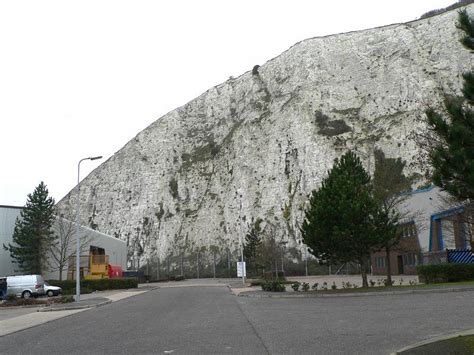hilljack13
That's what she said!
I am still trying to learn about building water profiles and all the available additions are just confusing. I have gypsum, calcium chloride, Lactic & phosphoric acid. I got these based off some different articles. Is there anything that is a must have? I will be getting a RO system, but for now I am using store bought RO water.


